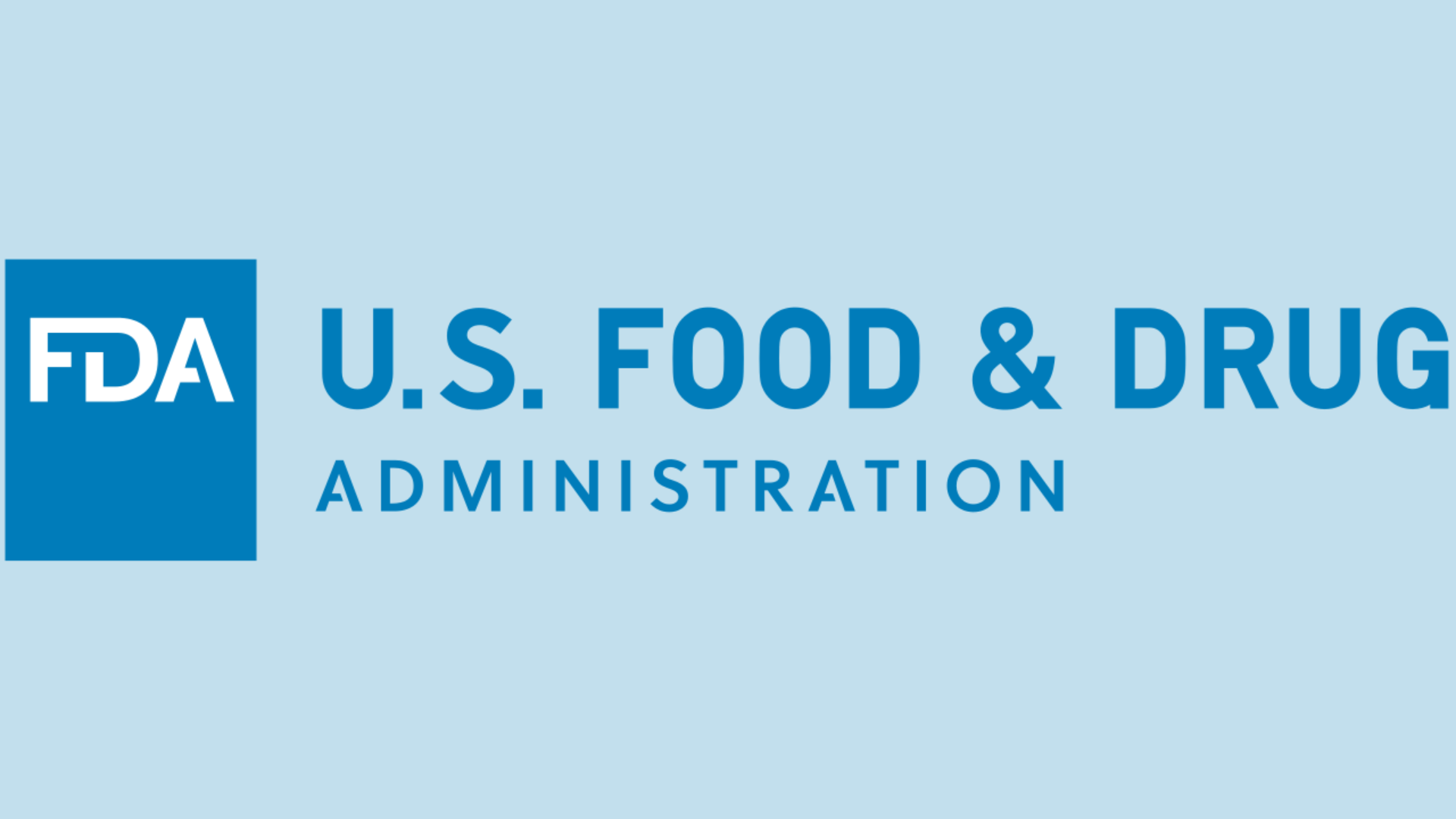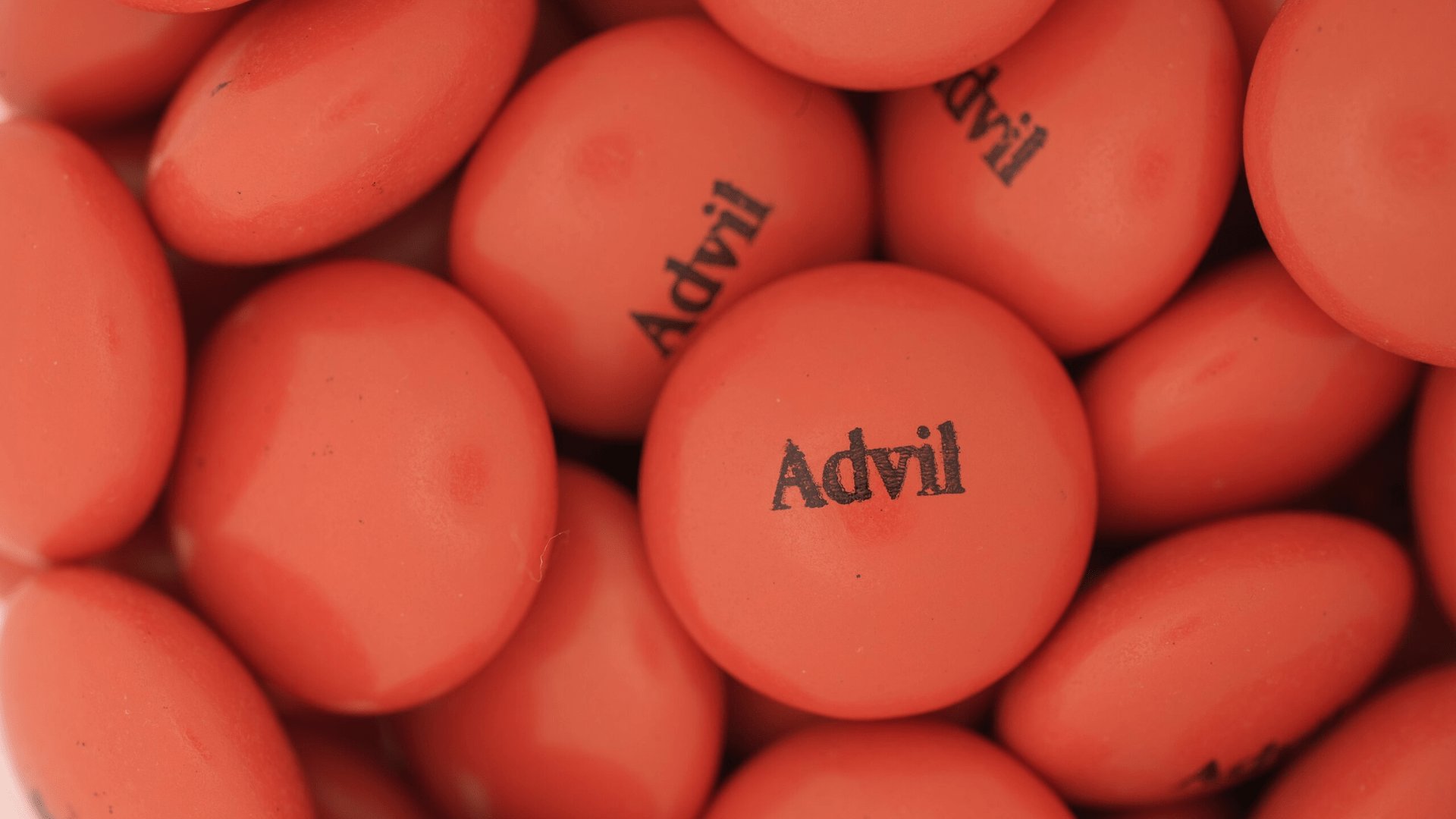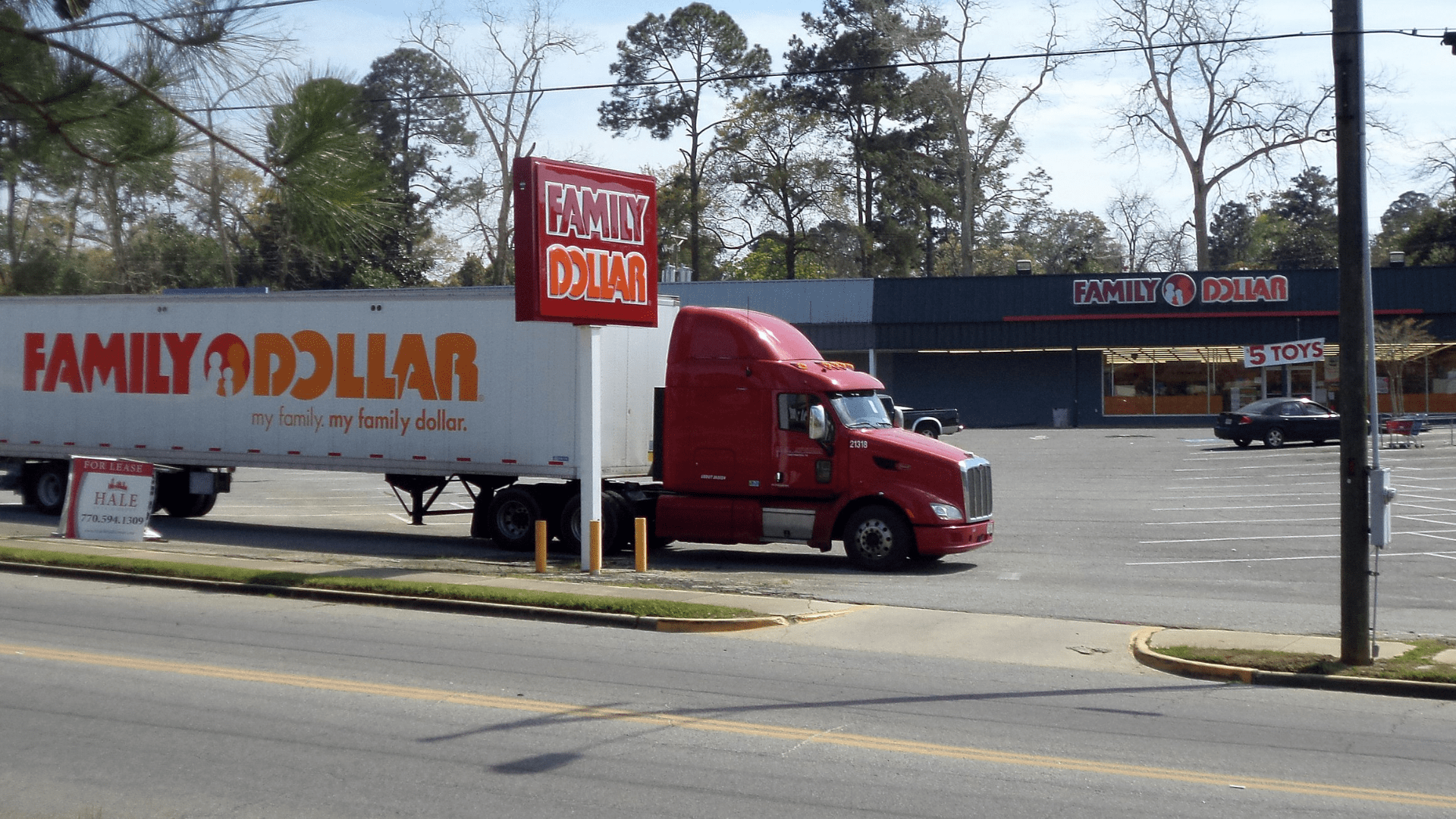Family Dollar Stores, a subsidiary of Dollar Tree, has recently agreed to pay a hefty fine of nearly $42 million after pleading guilty to charges related to storing consumer products in a rat-infested warehouse.
The contaminated products included food, drugs, cosmetics, and medical devices. This marks the largest-ever monetary criminal penalty in a food safety case.
Family Dollar Ships Contaminated Products to 400 Stores

The Department of Justice announced the settlement, highlighting the serious violations that took place at a distribution center in West Memphis, Arkansas.
The company acknowledged allowing contaminated products to be shipped to over 400 Family Dollar stores across several states.
Reports of Mouse and Pest Problems Surface in 2020

The issues first came to light in August 2020 when reports of mouse and pest problems with deliveries surfaced.
By the end of the year, some stores reported receiving products damaged by rodents. The company admitted that, by January 2021, some employees were aware of the unsanitary conditions leading to product contamination.
Warehouse Continued Shipping Contaminated Products for Entire Year

Shockingly, the warehouse continued shipping products until January 2022, when an FDA inspection uncovered egregious violations.
The facility was found to have live rodents, dead and decaying rodents, rodent feces, urine, and evidence of gnawing and nesting, prompting the extermination of nearly 1,300 rodents.
FDA Identifies Live and Dead Rodents and Rodent Excreta

FDA inspectors identified a multitude of issues at the facility, including live and dead rodents in proximity to stored food, a mouse carcass on a pallet containing food products, rodent excreta pellets on multiple pallets of various food items, and rats climbing through pallets containing products like potato chips.
Several products, including popular brands such as Hungry Jack, Knorr, Graffity, Chestnut Hill, BiGS, and Jell-O, were affected. Additionally, rodent-damaged items were found in the pet food section, including bags of dog and cat food.
Food and Personal Care Items Gnawed on and Defiled

The extent of the insanitary conditions is further highlighted by products gnawed on by rodents, such as tubs of Italian Pistachio & Vanilla Duo Spread.
Even personal care items like Crest toothpaste and Listerine mouthwash were not spared, with evidence of rodent droppings found on these products. The situation prompted a massive recall of products sold by 404 stores serviced by the contaminated warehouse.
Assistant Attorney General Astonished by Family Dollar’s Actions

Principal Deputy Assistant Attorney General Brian Boynton expressed disbelief at the company’s actions, stating that it is incomprehensible for Family Dollar to have been aware of the rodent and pest issues yet continued to ship unsafe and unsanitary products.
The seriousness of the violations is underscored by the large range of affected items, from food to personal care and pet products.
Dollar Tree CEO Acknowledges Facility Failings

Dollar Tree Chairman and CEO Rick Dreiling acknowledged the historical issues at Family Dollar’s facility, expressing disappointment upon learning about them when he joined the board of directors.
Since then, the company claims to have worked diligently to address the matter, implementing enhanced policies, procedures, and facility improvements to prevent a recurrence of such incidents.
Family Dollar has Faced Product Safety Issues Before

This is not the first time Family Dollar has faced product safety concerns.
In October, the company recalled hundreds of consumer products sold in 23 states due to improper storage.
Family Dollar Stores Advil at the Wrong Temperature

Prior to that, in May, a recall was issued for certain Advil products stored by Family Dollar at the incorrect temperature.
These incidents highlight a pattern of inadequate quality control and storage practices.
Settlement Raises Questions of Company Integrity

Dollar Tree, the parent company, operates a vast network of 16,622 stores across 48 states and five Canadian provinces.
The implications of this settlement extend beyond monetary penalties, raising questions about the broader responsibility of companies in ensuring the safety and integrity of the products they distribute. The severity of the violations and the scale of the recall emphasize the need for robust quality control measures and heightened accountability in the retail industry.
Family Dollar Must Prioritize Consumer Safety Immediately

The Family Dollar case serves as a stark reminder of the potential consequences when companies compromise on safety standards.
The significant fine reflects the gravity of the violations, and it is imperative for the industry to learn from such incidents and prioritize consumer safety in every aspect of their operations.
